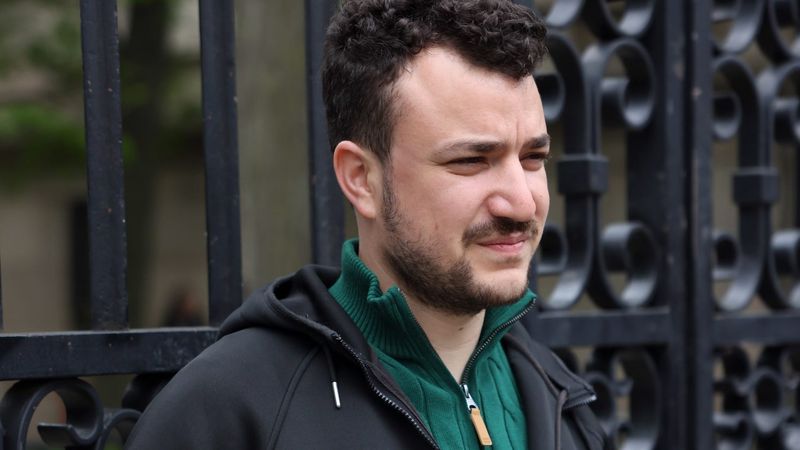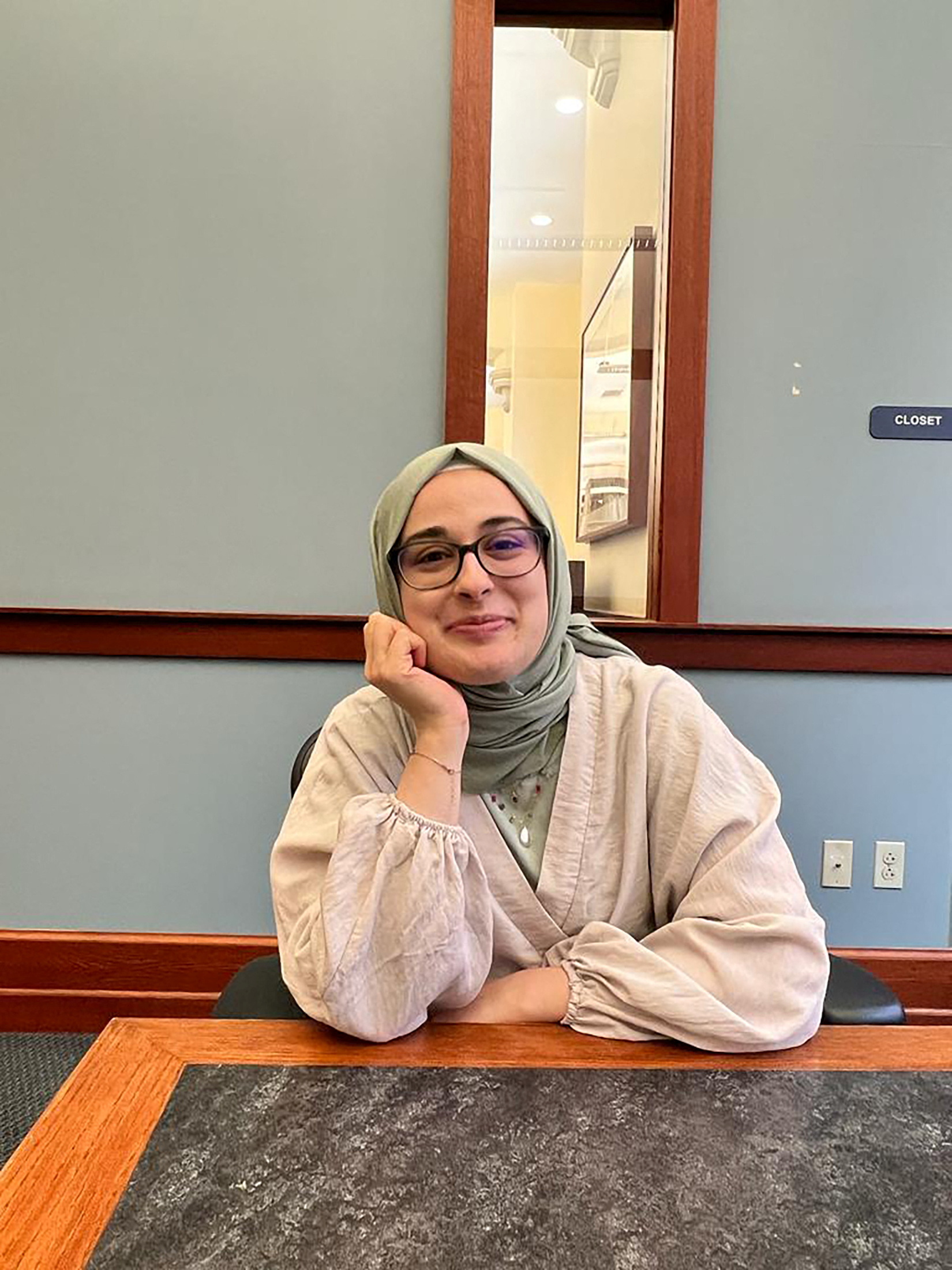The US State Department has found no evidence that Rumeysa Ozturk, a Turkish graduate student at Tufts University in Massachusetts, engaged in anti-Semitic activity or supported a terrorist organisation, according to a report.
The Washington Post said on Sunday a March memo from within the State Department concluded there were no grounds to revoke Ozturk's visa based on the Trump administration's claim that she supported the Palestinian resistance group Hamas or engaged in anti-Semitism or violence as alleged by the Department of Homeland Security (DHS).
The memo, described to the Post by anonymous sources, said Secretary of State Marco Rubio lacked sufficient grounds to revoke Ozturk's visa under a provision that allows him to act in defence of the country's foreign policy interests.
Ozturk, a Fulbright scholar and PhD student in child and human development at Tufts, was kidnapped in broad daylight by masked US Immigration and Customs Enforcement (ICE) agents outside her Somerville apartment.
Her detention followed an online targeting by the pro-Israel website Canary Mission, which took aim at her for co-authoring an op-ed in the student newspaper The Tufts Daily in March 2024 criticising the university's response to Israel's brutal carnage on Gaza.
The memo from DHS, sent by senior official Andre Watson to a State Department counterpart, said that "Ozturk engaged in anti-Israel activism in the wake of the Hamas terrorist attacks on Israelis on October 7, 2023."
Specifically, the memo said she "co-authored an op-ed article" that "called for Tufts to 'disclose its investments and divest from companies with direct or indirect ties to Israel.'"

Desperate attempts
According to a copy of a separate memo reviewed by the Post, DHS had recommended Ozturk's visa be revoked under a provision of the Immigration and Nationality Act that requires the secretary of state to have "reasonable grounds" to believe someone's presence poses an "adverse policy consequence for the United States."
The memo noted that no US government databases showed any terrorism-related information about Ozturk. A separate internal document also stated that the visa revocation would be "silent," meaning she would not be informed in advance.
When asked during a daily press briefing in March, department spokesperson Tammy Bruce said she could not discuss "something that's in the courts, that's being adjudicated."
"DHS clearly felt that she had committed crimes that required her detention," Bruce added, without elaborating or providing evidence.

Crackdown
Ozturk's case is one of a growing list that targets pro-Palestine students criticising Israel's genocide in the blockaded enclave.
On March 8, authorities arrested Mahmoud Khalil, who led the pro-Palestine protests at Columbia University last Spring. Trump hailed his arrest and said it was the "first of many."
Trump, without evidence, accused Khalil of supporting Hamas. Khalil denies links to the resistance group. A US judge on April 12 that he can be deported.
A few days after Khalil's arrest, Trump's claim came due after another pro-Palestine student, Badar Khan Suri, an Indian researcher at Georgetown University, was arrested. His attorney said he was arrested because of the Palestinian identity of his wife.
After the arrest of Suri, authorities went after another pro-Palestine student, Momodou Taal, asking him to turn himself in.
On March 25, Yunseo Chung, a Columbia University student, said she sued the Trump administration to stop her deportation from the US over her participation in a pro-Palestine protest last Spring.
Other students, like Leqaa Kordia, Ranjani Srinivasan, and Alireza Doroudi have either been detained or self-deported.



















